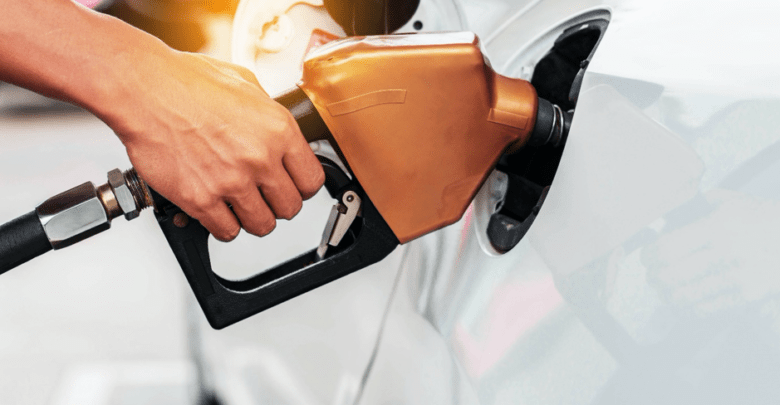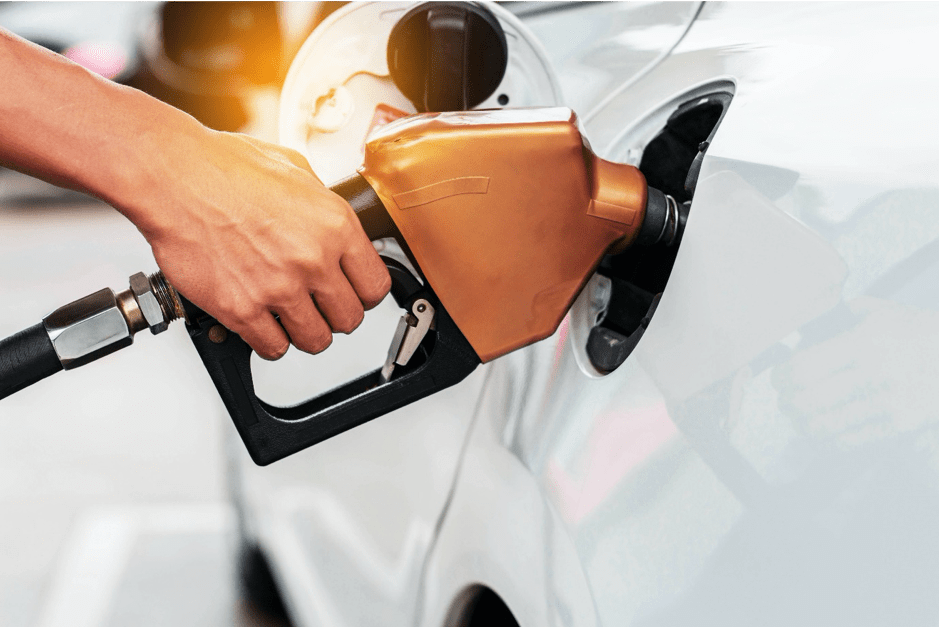
Should I buy a Diesel car?
We’ve all been there. Searching tirelessly through online car dealerships, somewhere like Parkers, desperate to find a car that’ll be the perfect fit for both your budget, and your lifestyle. A factor that’ll keep cropping up is the type of engine, or fuel, you should be going for in your new vehicle.
For years now, we have been urged to stay away from diesel-fuelled cars. But why? From threats to our health, additional bans and taxes in city centres, and the possibility that diesel cars and vans could be banned from as early as 2032 – it’s easy to see why you may want to avoid that particular type of vehicle. However, there’s also positive aspects to opting for diesel. With this type of fuel, you can get a better mile per gallon (mpg) average, as well as lower CO2 emissions. See, it’s not all bad.
Read on as we answer some of your burning questions relating to the fuel of your next car.
Is it all for one, and one for all?
Sadly, the answer is no. Your choice of fuel may not align with the type of car you have in mind. In fact, there are plenty of variables that might affect your decision, such as:
- Difference in cost between petrol and diesel-fuelled cars
- Fuel prices in your area
- The length and type of journeys that you typically take
- Fuel consumption rates
- Car availability
What is better for the latest technological advances?
With stricter fuel emission regulations continuously coming into place, car manufacturers find themselves constantly striving to develop their latest cars with more fuel-efficient features. Some of the favourite additions to the standard vehicle settings are the stop/start function, automatic gearboxes and various methods of the engine burning less fuel when it’s running, such as cylinder deactivation, to improve the working methods of both petrol and diesel engines.
On the whole, it would appear that the car manufacturer absorbs the majority of the extra costs, that come from adhering to the latest in Euro6 regulations, some of these extra charges will inevitably end up also affecting the price of the car itself. One thing that seems to be relatively unavoidable, is the price premium that comes along with buying a diesel car. Additional factors, such as resale values, insurance costs, services and new parts tend to favour on the side of diesel cars, however in terms of efficiency, petrol engines still reign supreme.

How should my typical journey type and driving style affect my decision?
Whilst you may not be aware of it, we all drive with our own quirks and habits, such as being a little hard on the acceleration or brake pedals, leaving our tyres a little too long before re-inflating them, or maybe even staying in a lower than necessary gear, just out of pure laziness. Because of these little idiosyncrasies, you may find yourself achieving different fuel consumption levels in otherwise similar vehicles.
If you’re driving with a diesel engine, then you may notice that it takes slightly longer to warm up than your typical petrol-run car. In short, this means that running a diesel car to undertake several short journeys is likely to cost more than doing the same with a petrol engine. So, the type of journey really will affect which fuel you should be opting for.
But, do you really have a choice?
Despite your pre-disposed preference, sometimes the car manufacturers won’t really give you a choice when it comes to the fuel of your new car. If you fall in love with a Skoda Superb, then you’ll simply have to accept that you’ll be operating with a 1.0-litre three-cylinder petrol engine. Occasionally, you will find yourself with the choice laid out in front of you – if you’re partial to the Volkswagen Passat then you can have your pick between low-capacity petrol engines, or a traditional diesel guzzler.
So, what’s it to be?
As you now know, there are a whole host of parameters that can influence the type of fuel that’ll make the most sense for you to go for. You’ve probably been told time and time again that petrol engines will bring lower fuel costs, with advantages in the fuel economy. But if you’re covering over 25,000 miles per year, consistently across a three-year period, then Diesel would make a lot more financial sense for you and your purse strings.
What’s the takeaway message?
If you are someone who tends to cover a lot of miles in your car, or hold a particular value on long gaps between fuel stops – then diesel is the best fuel for you. Whereas, if you find these factors not so important, petrol is your smartest choice.




